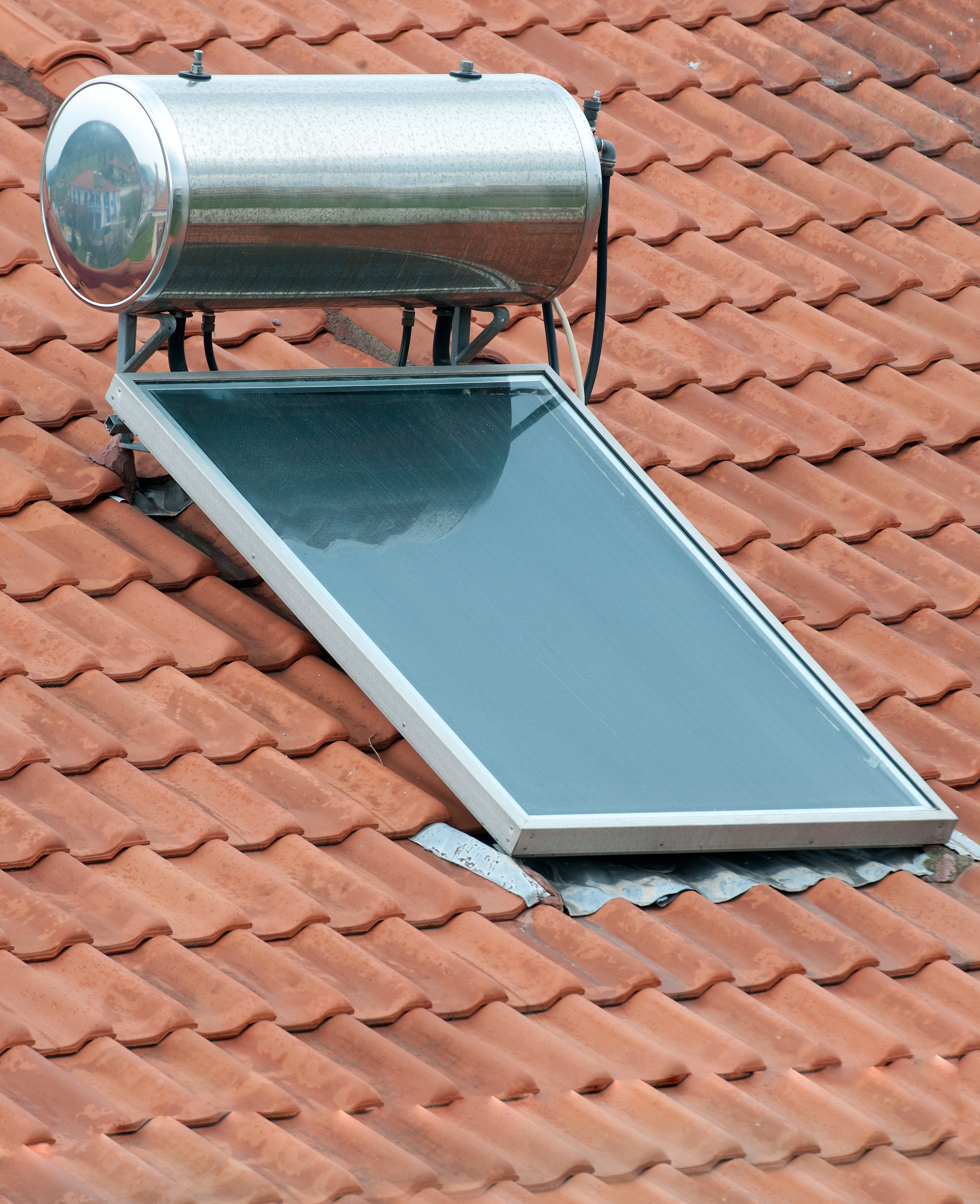Revolutionizing Efficiency in Renewable Energy Water Heater Architectu…
페이지 정보
작성자 Simon 작성일25-04-19 23:30 조회2회 댓글0건본문
 Solar water heaters have become a popular replacement
Solar water heaters have become a popular replacementSolar water heaters have become a popular alternative to traditional electric and gas water heating systems. These systems harness the renewable energy from the sun to heat water, reducing energy consumption and environmental impact. However, the performance of solar water heaters can be affected by various factors, including thermal inefficiencies, thermal energy storage, and unsynchronized energy supply and demand.
In this article, we will discuss the importance of optimizing performance in solar water heater architectures, the current design limitations, and strategies for improvement.
Current Design Challenges
Conventional solar water heater designs often employ a simple rectangular heat exchanger with a darkened absorber to absorb solar radiation. However, these designs suffer from several limitations, including:
- Suboptimal energy conversion
- Thermal energy storage limitations
- Mismatch between solar radiation and energy demand
Optimization Strategies
To overcome these challenges and improve the performance of solar water heater architectures, several optimization strategies can be employed:
- Advanced collector designs
- Improved thermal energy storage
- Automated energy management
- Artificial intelligence and machine learning
- Thermal energy storage materials
Implementation and Benefits
Implementing these optimization strategies can lead to significant improvements in solar water heater performance, including:
- Enhanced thermal efficiency
- Improved temperature stability
- Enhanced energy independence
- Reduced environmental impact
Conclusion
Optimizing performance in solar water heater architectures is crucial to improve their efficiency. By incorporating advanced collector designs, solar water heaters can become a efficient alternative to traditional water heating systems. As the demand for clean energy continues to grow, it is essential to develop and implement more sustainable solar water heater architectures to meet our energy needs.
댓글목록
등록된 댓글이 없습니다.


